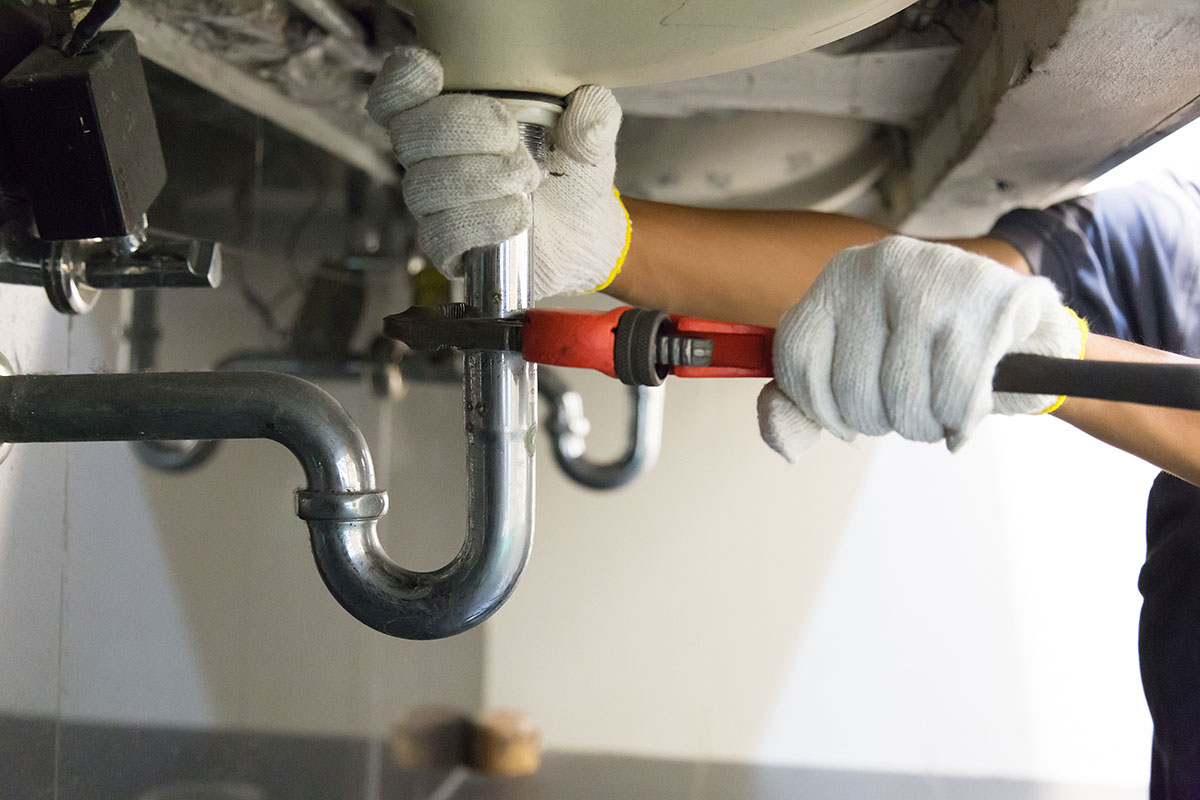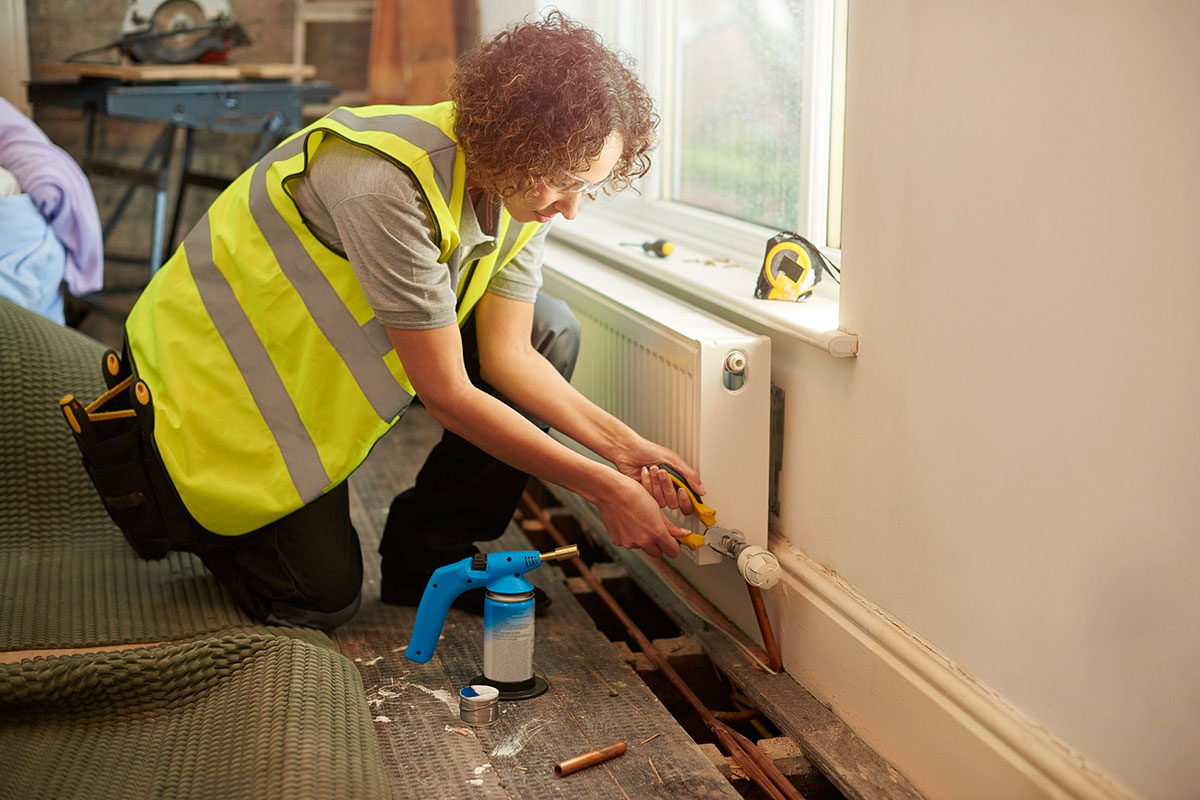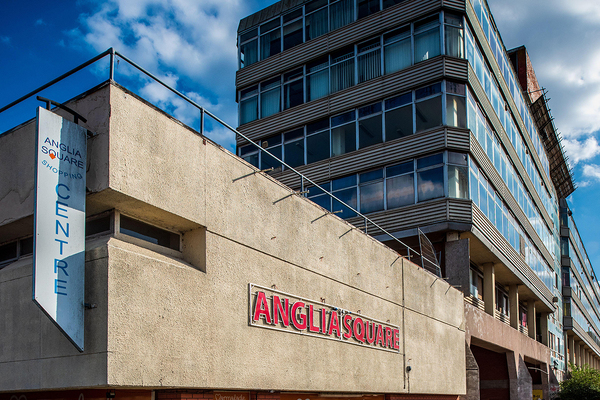You are viewing 1 of your 1 free articles
Tenant satisfaction with council’s repairs service dropped as low as 26%
A council’s repair service hit an “all-time low” satisfaction rate of 26% in February, although the figure increased to 53% in March.
According to a council report, the performance of Barking and Dagenham’s repairs service means the local authority has “no confidence” it is ready to take part in the Regulator of Social Housing’s (RSH) new inspection programme.
As part of its new proactive, consumer-focused regime, the English regulator will inspect social landlords in a similar way to Ofsted.
For the inspections, put into law by the Social Housing (Regulation) Bill, the RSH will only have to give 48 hours’ notice to landlords before inspections, compared with the previous period of 28 days.Inspection pilots are currently ongoing.
While housing associations have faced in-depth assessments for financial viability and governance for several years, the consumer regime will mark a major stepping-up for the regulator’s engagement with local authority landlords.
Nearly five years ago Barking and Dagenham council entered a contract with Barking & Dagenham Traded Partnership (BDTP), a wholly owned company it set up in 2017, to carry out repairs and maintenance.
Barking and Dagenham Management Service (BDMS), part of BDTP, delivers the service.
The report, which went before the council’s overview and scrutiny committee on Wednesday, provides an update on improvements being made at BDMS.
It follows a previous report, presented to the committee in October, which explained that despite an improvement plan being launched after a change in senior leadership, the expected improvements had “yet to be realised”.
At the time, the council had failed to meet a satisfaction rate of higher than 55% in a year.
The most recent report showed that the service experienced a steady, month-on-month decline from 47% in October to 26% in February. Satisfaction increased to 53% in March.
On 18 April, the council had 4,906 outstanding repairs, compared to 5,880 on 5 September, and 208 legal disrepair cases, down from 308.
However, legal disrepair “remains a high-risk area” as 182 out of the 208 (87.5%) cases are currently past the target date, according to the report.
It said: “Impending regulatory changes by the Regulator of Social Housing (RSH) seek to introduce a four-yearly inspection regime.
“At this point in time, there is no confidence that we are ready to participate in this due to the existing repair issues that need addressing.
“BDMS needs to evidence month on month improvements in outputs, productivity and customer satisfaction to mitigate the current and enduring poor levels of service that they are currently delivering.
“This is a very large task and no assurance of achieving these targets can be given from the very initial improvements that are noted in this report.”
The council is working to improve the service’s performance, prioritising legal disrepair, damp and mould, repairs and voids.
Along with a reduction in legal disrepair cases and an increase in satisfaction, the service reduced outstanding repairs by 1,568 between 1 and 18 April, including 161 damp and mould cases.
The report said: “Whilst the content of this report indicates that there are active action points and agreed new ways of working that should lead to an overall improvement in the service in the future, these should not be viewed as factual gains at this time.
“There are several high-risk areas that are still significantly adrift from where these should be, and this remains a major concern to the council and needs to be managed effectively to ensure our residents can live safely in their homes.”
It said the regulatory landscape regarding repairs is “tightening”.
“Whilst other councils are already preparing themselves for this new inspection regime, there is a danger that we will fail to do this due to being consumed by the existing repairs issues,” the report said.
A spokesperson for Barking and Dagenham Council told Inside Housing: “Like many registered providers we have been impacted by the legacy of COVID, resource constraints, inflation, energy costs (fuel poverty) and increased repairs demand over the winter period.
“As a result of this, we have experienced challenges in meeting that demand and subsequently an increase in costs.We are working collaboratively with our repairs partner (BDMS) to clear our outstanding repairs, whilst at the same time making improvements in the way we deliver new repairs.
“This is a focused programme that commenced at the beginning of April with additional resources focused on clearing legacy repairs. This has already started to show signs of improvement; however, we expect this to take up to six months to materially improve the service to residents.
“We recognise that this situation creates a disruption to residents and increases the cost to the council. Our priority is to focus on the improvements needed over the next six months. Following this, we will move towards a targeted plan of cost reduction and efficiency measures.”
Sign up for our Council Focus newsletter
Already have an account? Click here to manage your newsletters











